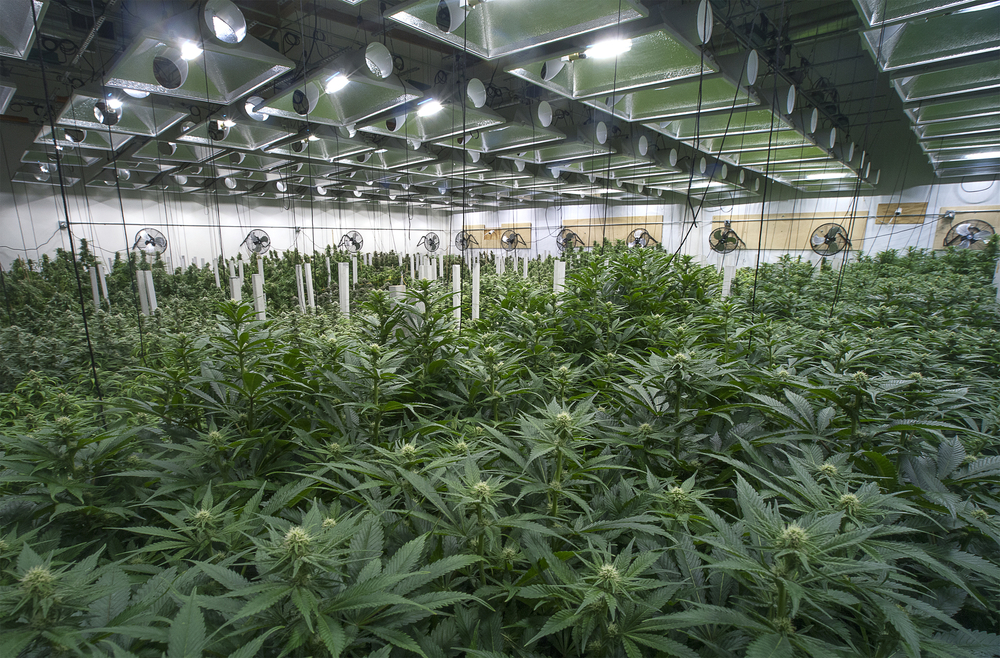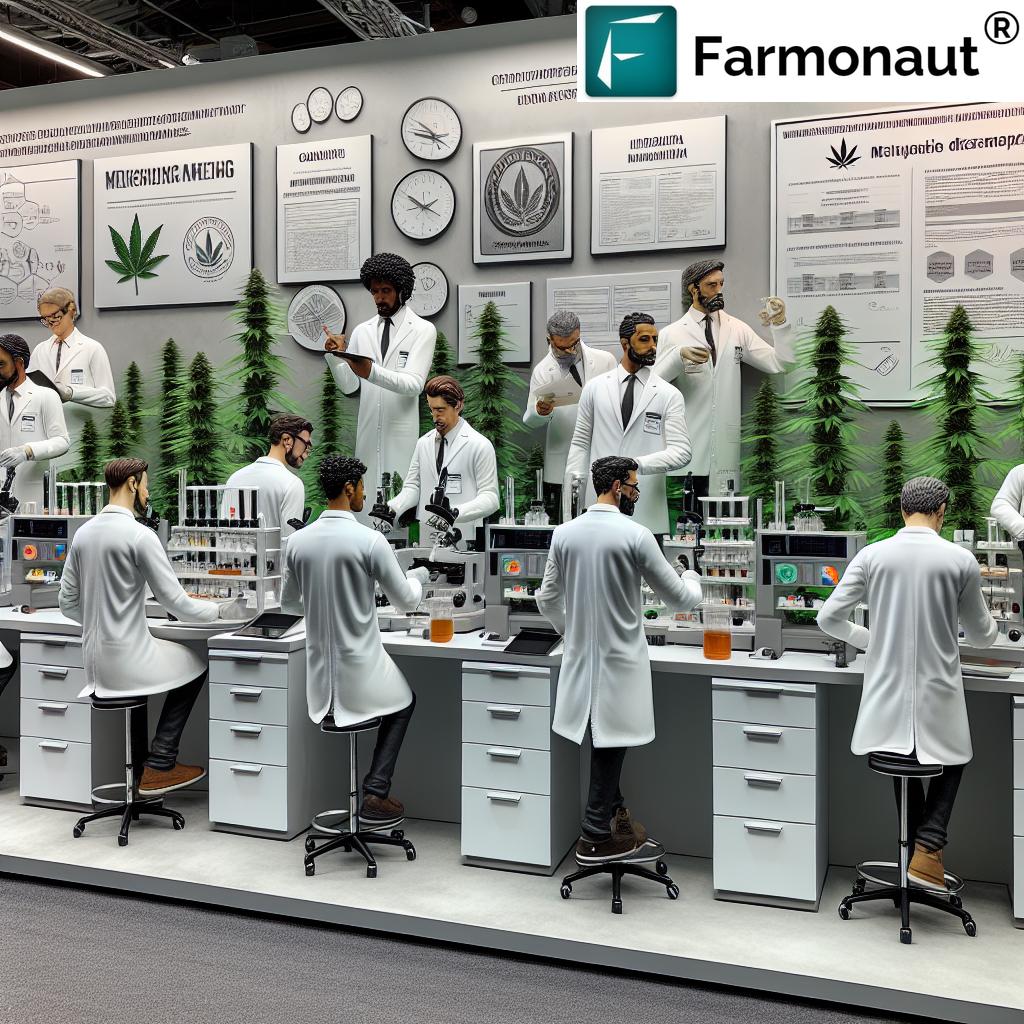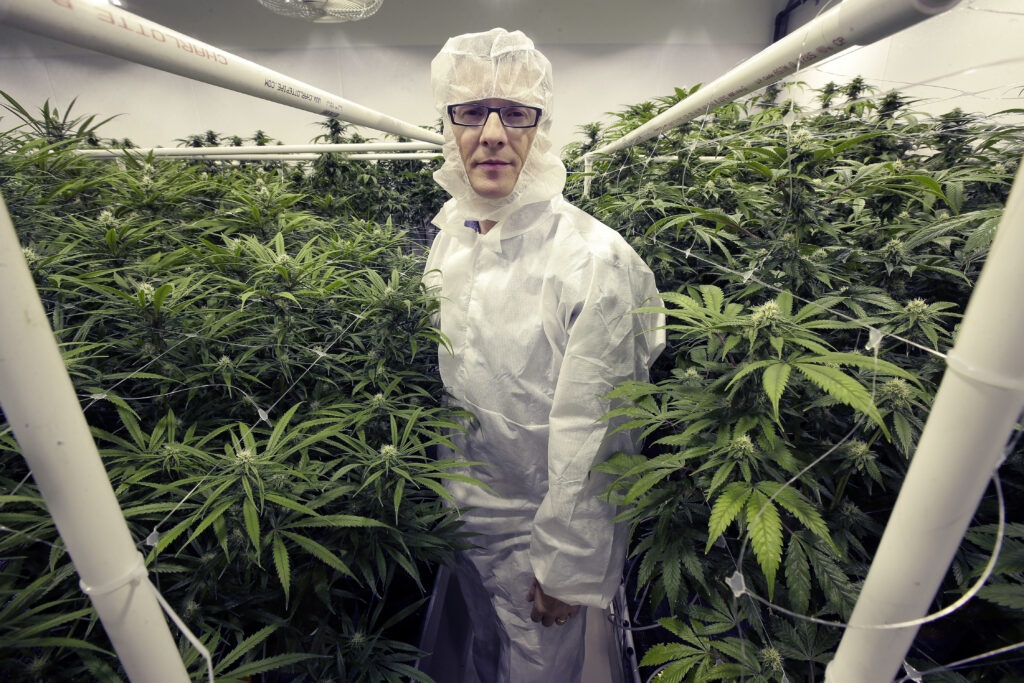As the legal cannabis industry expands, so does its environmental footprint. Indoor grow operations consume massive amounts of energy and water, and outdoor farms face challenges like soil degradation, pesticide runoff, and climate impact. In response, many cultivators are turning to sustainable methods that prioritize the planet while still producing top-quality cannabis.
In this post, we’ll explore what sustainable cannabis cultivation looks like, why it matters, and how innovation is helping growers reduce waste, conserve resources, and produce cleaner, greener cannabis.
Why Sustainability in Cannabis Matters
While cannabis is often seen as a natural product, commercial cultivation can be surprisingly resource-heavy. Consider the following:
- Indoor cannabis cultivation can use 10–20 times more energy per square foot than a typical office building.
- Water consumption for one plant can exceed six gallons per day in dry climates.
- Improper waste disposal and synthetic fertilizers can damage ecosystems and pollute groundwater.
With growing demand, the industry is at a crossroads: continue with high-impact operations or innovate toward a more sustainable future.
Core Principles of Sustainable Cannabis Cultivation
Sustainable cannabis cultivation focuses on reducing environmental harm, conserving natural resources, and supporting long-term soil and ecosystem health. Here are the pillars:
1. Energy Efficiency
- Use of LED lighting, which consumes up to 60% less energy than HID lights.
- Solar power integration to offset grid use.
- Climate control systems that recycle heat and air within grow rooms.
2. Water Conservation
- Closed-loop irrigation systems that capture and reuse runoff water.
- Drip irrigation to minimize evaporation and water waste.
- Rainwater harvesting for outdoor grows.
3. Organic Soil and Nutrients
- Growing in living soil that contains natural microbes, fungi, and nutrients.
- Avoiding synthetic fertilizers and pesticides.
- Composting plant waste back into the soil.
4. Minimal Packaging and Waste
- Using biodegradable or recyclable packaging for end products.
- Reducing single-use plastics in production.
- Partnering with eco-conscious packaging companies.
Innovative Techniques Driving Sustainable Growth
Living Soil Cultivation
Living soil is a dynamic, self-sustaining ecosystem filled with organic matter and beneficial organisms. This approach mimics natural environments, allowing cannabis to grow with minimal human intervention and fewer chemical inputs.
Regenerative Farming
Regenerative farming goes beyond sustainability—it actively improves the land through crop rotation, cover cropping, and integrated animal grazing (on hemp farms). This boosts soil health, biodiversity, and carbon capture.
Light-Deprivation Greenhouses
Also called “light dep,” this technique allows growers to manipulate flowering cycles using blackout curtains—producing multiple harvests per year while using the sun as the primary light source. It’s energy-efficient and cost-effective.
Carbon Offset Programs
Some cultivators are investing in carbon credit programs or planting trees to balance out their emissions—creating more eco-conscious cannabis brands that appeal to green-minded consumers.
Benefits for Growers and Consumers
Sustainable cannabis farming offers long-term advantages for everyone involved:
For growers:
- Lower operating costs over time
- Healthier soil = stronger plants
- Brand differentiation in a competitive market
For consumers:
- Cleaner, chemical-free cannabis
- Transparency in sourcing and production
- A sense of supporting environmentally responsible businesses
What to Look for as a Conscious Consumer
If you’re a cannabis user who cares about the environment, here’s what to check for:
- Certified organic or sun-grown labels
- Brands that publish sustainability reports or CO₂ offset efforts
- Products packaged in glass, paper, or plant-based plastics
- Transparent ingredient and cultivation info on the label
Final Thoughts
As the cannabis industry grows, so does its responsibility to grow smarter and greener. Sustainable cultivation practices aren’t just a trend—they’re becoming the foundation of a more ethical, resilient, and environmentally sound industry.
From solar-powered greenhouses to compost-fed living soil, cannabis cultivation is entering a new era—one where innovation meets integrity, and every harvest gives back more than it takes.




